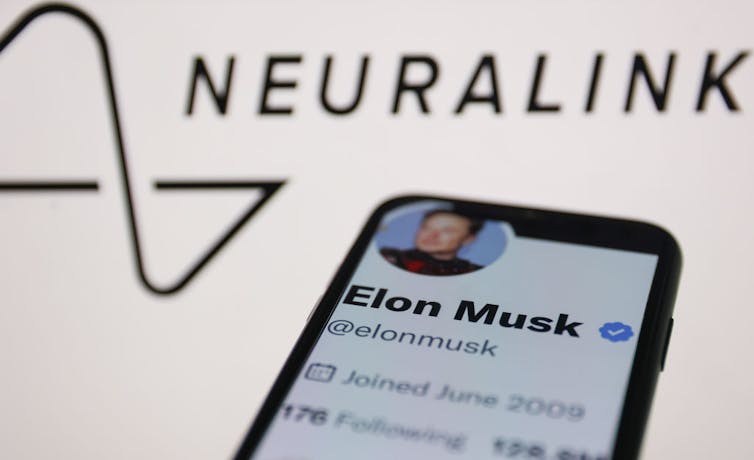Workers at Amazon’s site in Coventry are joining the GMB union on the picket line

Amazon workers on the picket line on Tuesday (Picture: Sean Leahy)
Wednesday 14 February 2024
Hundreds of Amazon workers joined big picket lines outside the BHX4 fulfilment centre in Coventry on Tuesday and Wednesday.
Around 400 striking GMB union members held up workers going into the Coventry Amazon depot for more than half an hour on Tuesday. They tried to convince them not to cross the picket line.
Amazon worker Darren Westwood tweeted on Tuesday, “Amazon BHX4 is out again. As Amazon boss Jeff Bezos sells two billion dollars worth of Amazon stock, we are asking for £15 an hour. Every worker should be getting this as a minimum. “
On the second day of the three day strike, workers chanted, “No work today,” and, “What do we want? —£15.” And workers continue to join the union on the picket lines. Since the summer of 2022, over 1,000 have joined the GMB union at BHX4.
The company’s internal online bulletin board is bombarded with messages from workers supporting the union with links to join, usually deleted by admins within minutes. Management is doing everything to try to break the strikes—such as bringing in new starters.
But many of these new starters joined the GMB—and are now among the most enthusiastic pickets.
Amazon is also trying to convince workers that they would be better off not joining the union. In an email sent to staff by the managers, Amazon claimed, “Union recognition may mean that BHX4 employees will not automatically see pay increases offered at other sites, as they would be subject to further negotiations.
Management is trying to bribe workers to cross the picket line with a pathetic offer of a £2.50 voucher to spend in the canteen. That’s barely enough for a coffee.
The company pretends to ignore the union but pay has increased from £10.15 to £12.50, already a rise of 23 per cent. These strikes are working, and more are needed.
Workers at other Amazon fulfilment centres also need to join the action. Last month, workers at the newly-opened Minworth site near Birmingham went on strike for the first time.
Several Coventry Amazon workers joined their picket lines to offer support and solidarity. Much more of this is needed for Amazon workers across Britain to win.











